Food
Food, Not Poison by Anda Damisa

Nigerians are dying everyday with every meal we consume. Are you shocked ? I was as
shocked as you are right now when I found this out recently.
We have a major problem right before us and it seems like no one is talking about it so here I am, writing about the increasing dangers we face due to the proliferation of Highly Hazardous Pesticides (HHPs) in Nigeria.
Do you know over 60% of food produced in Nigeria is produced by small women holder farmers
and over 90% of them use chemical pesticides? Most of these chemical pesticides are Highly
Hazardous Pesticides (HHPs) that have severe health and environmental impacts when proper
application and safety is not within reach.
Chemical Pesticides use leaves residues in the food we eat. Leaving us exposed to their
associated risk.
Traces of pesticides can be found everywhere from our fruits to our water, vegetables, in the air and even in the bees which are very important in the farming ecosystem.
Its dangerous effects are long lasting and devastating.
The World Health Organization (WHO) estimates that 385 Million people fall ill every year globally from pesticide poisoning.
Developing countries in the Global South (Africa, Nigeria inclusive) experience 99% of pesticide related deaths, even though they comparatively produce very little pesticide.
A lot of pesticide-related deaths are either unreported or attributed to unnatural causes yet pesticide imports into African countries especially Nigeria are increasing, a lot of these pesticides fall into the HIGHLY HAZARDOUS category.
Studies have revealed how pesticides contaminate rivers, lakes and groundwater causing too
many adverse consequences. These pesticides don’t just endanger our rights to food, they also
endanger our right to good health and safe environment. Even the United Nations considers
these HHPs a Global Human Rights concern.
One of the major pesticide tragic cases in Nigeria happened in Benue state in 2020 where over
270 people died from an initially diagnosed ‘mystery ailment’. It was later discovered that they
had been poisoned by a banned highly hazardous pesticide used by farmers in nearby
farmlands that had seeped into the local river.
In 2013, twenty-three school students in Bihar, India, died within minutes after eating a meal of rice and potato curry as part of a lunch program against malnutrition. The investigation found that the meal had been prepared with cooking oil that contained the pesticide monocrotophos.
This is why the increasing rate of food poisoning recently in Nigeria has been a serious source
of concern for me.
The effects of these HHPs on our poor public health care system is mounting but sadly we can’t even keep track because we lack a proper research and data system which makes gathering information on how these pesticides are used and the impact they are having on human health almost impossible. That is more reason for concern.
I was in Abuja recently where I was privileged to hear Mr Jochen Lucksheiter, the director of the Heinrich BÖLL Stifung foundation in Nigeria speak on the dangers we face from the increasing use of Highly Hazardous Pesticides by our farmers in the country.
“Based on the research that we have done on pesticides in Nigeria, we have found that what is particularly concerning about the high use of Pesticides in this country is that is that many of the Pesticides that are being used especially by small scale farmers are those that are in the category of highly toxic pesticides” He said.
“And these are already banned pesticides in countries with high environmental and public health standards such as the US, Japan and the EU, but are still being produced and exported to countries like Nigeria, they are also still getting registered and sold legally.
The HHPs list of the international Pesticide Action Network (PAN) currently contains 338 Highly Hazardous pesticides with high levels of acute or chronic hazards to health or environment according to international classifications, many of these HHPs are still used in Nigeria.
In 2018 and 2019, EU countries and the United Kingdom approved the export of a total of
140,908 tonnes of pesticides that are banned from being applied in European fields because of
unacceptable health and environmental risks. This is only possible because we lack effective
enforcement and regulations around the use of Pesticides in Nigeria.
Available data from 2015 to 2019 from NAFDAC’s Green Book product database, lists 682
synthetic chemical pesticide products (excluding chemical repellents) registered. More than half of these products include active ingredients that are not approved in the European market.
NAFDAC Pesticide Registration Regulation 2021 section 12(1) states that registered pesticides
are only for a period of 5 years.
So by Implication many of the registered pesticide products within the space 2015 and 2019 would have been deregistered and phased out by now hopefully?
One would have to access more data on registered products from NAFDAC to clear
the unsettle discomfort suggested by the data within the period.
We are not just suffering from the impacts of using HHPs health wise, we are also losing
economically. In 2015, the European Union banned the import of dried beans and other
agricultural products from Nigeria because they contained levels of pesticide residues
considered dangerous to human health.
Nigeria loses about $362.5million yearly in foreign exchange to the ban on the exportation of just beans in the last 8 years. Several of Nigeria home grown crops have continually been rejected when exported. These are huge economic losses to Nigeria.
One of the key demands every Nigerian should be making is for the government to create
regulations and laws that ban these highly hazardous substances from being imported. Infact,
Nigeria needs to join countries like Tunisia, Mexico and Palestine, that have laws banning the
import of pesticides that have been banned in the Exporting or manufacturing counties.
Delegates of Nigeria that represent us in international conventions need to take a strong stand
against accepting and trade of Highly Hazardous Pesticides, especially those banned in more
advanced countries that even have better facilities to ensure safety and a more advanced health care system to address the health hazards when it occurs.
However an import ban on these highly toxic substances can only do so much. There has to be
thorough registration processes for pesticides in general.
Effective pesticides control, aggressive sensitisation on the dangers of pesticides especially for the local farmers who oftentimes are unaware of the adverse effects of the methods they employ in their farming and the application of other safer methods of farming.
Research and real life practices here in Nigeria has shown that there are alternate farming
methods that work like the agroecology farm I experienced when I visited the Be The Help
foundation agroforestry project located at Damokosa village in Kwali LGA in the FCT, Abuja.
Farmers here have embraced agro ecology, a branch of agriculture that promotes farming
practices like the growing of crops naturally without the use of fertilizers. Interestingly, most
traditional farm practices do not use chemical farm input, and our fathers and ancestors thrived as nature based farmers.
Sustainable farming and environmental management practices need to be promoted in Nigeria.
An ecological future is possible, and Nigeria can be the organic capital of the world.
Until then, we live with a ticking time bomb. Every meal we consume daily is slowly killing us,
our environment is under grave threat and it’s never been more imperative to act as it is right now. Let us enlighten ourselves, do the same for others, then speak out and let our voice be
heard to safeguard our health and our future.
Food
5 amazing facts about pork that makes it the best meat
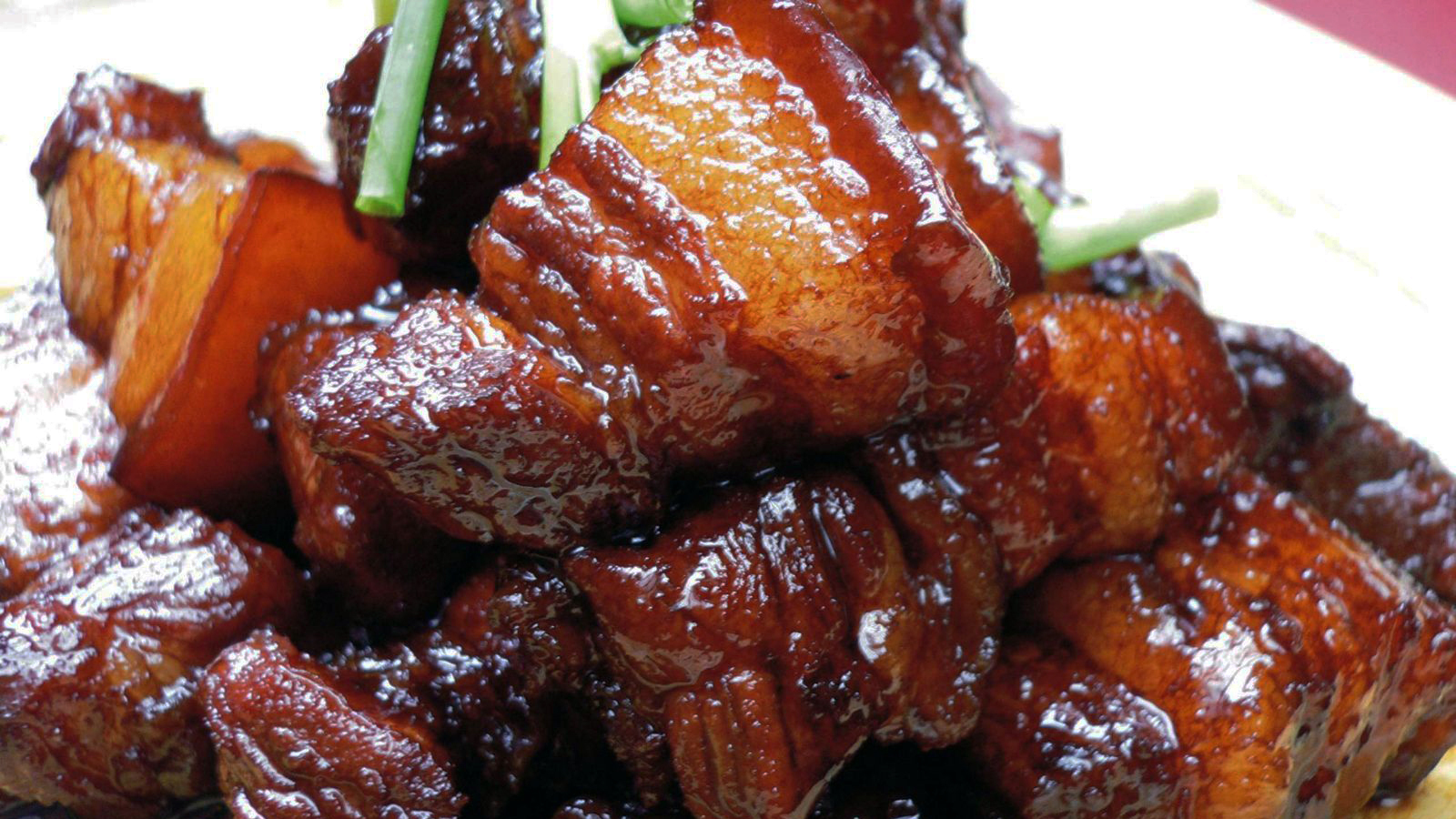
Pork is a controversial choice among meats for many reasons, often hailed for its flavor, versatility, and nutritional benefits.
Here are five amazing facts that make pork a top choice for many consumers:
Flavor and fat content
Pork is highly prized for its rich, savory flavor, which is enhanced by its fat content.
Unlike other meats, much of the fat in pork is interspersed within the muscle, a characteristic known as marbling.
This marbling not only enhances the flavor but also contributes to a tender, juicy texture when cooked, making dishes like pulled pork or pork belly particularly succulent and tasty.
It can be cooked in many ways
One of the most significant advantages of pork is its versatility in cooking. It can be smoked, grilled, roasted, sautéed, or braised.
Pork adapts well to a variety of cooking methods and can be used in countless recipes across global cuisines, from American barbecues with pork ribs to Spanish tapas featuring chorizo or Italian dishes with pancetta.
Many nutritional benefits
Pork is an excellent source of high-quality protein, which is essential for muscle maintenance and growth.
It is also rich in several important vitamins and minerals, including B vitamins (particularly B1, B6, and B12), which are crucial for a range of physiological functions including energy metabolism and neurological health.
Pork also provides important minerals like phosphorus, selenium, and zinc.
It is economical and sustainable production
Pork production is generally more cost-effective and resource-efficient compared to beef.
Pigs have a higher feed conversion efficiency rate than cattle, meaning they convert a greater proportion of their feed into body weight.
This makes pork a more sustainable option in terms of resource use and environmental impact, considering the global need to optimize food production systems.
Rich in creatine
Pork is one of the richest natural sources of creatine, a compound important for energy storage in muscle cells. This makes it particularly beneficial for athletes and bodybuilders looking to improve performance and muscle growth.
Consuming pork can help increase the levels of creatine in the body, potentially enhancing physical performance and aiding muscle recovery during and after exercise.
These attributes make pork a favored choice among many meat-eaters, blending culinary pleasure with substantial nutritional benefits, and making it an appealing option for a balanced diet.
Food
3 foods you must avoid to burn belly fat

Excess fat around the midsection not only affects your appearance but also poses risks to your health.
While regular exercise and a balanced diet are essential for achieving this goal, certain foods can hinder your progress.
This article explores three foods – both solid and liquid – that you should avoid if you’re aiming to burn belly fat.
1. Processed foods
Processed foods are often high in unhealthy fats, sugars, and artificial additives, making them a major contributor to belly fat accumulation. These include packaged snacks, sugary cereals, fast food, and ready-to-eat meals. These foods are typically low in essential nutrients and fibre, which can lead to overeating and weight gain.
Additionally, the high sodium content in processed foods can cause water retention and bloating, further exacerbating the appearance of belly fat.
Alternatively, opt for whole, unprocessed foods like fruits, vegetables, lean proteins, and whole grains. These foods are rich in nutrients, fibre, and antioxidants, which can support healthy weight loss and reduce belly fat over time.
2. Sugary beverages
Sugary beverages such as soda, fruit juices, energy drinks, and sweetened coffee drinks are loaded with empty calories and contribute to belly fat gain. These drinks are high in fructose, a type of sugar that is metabolised by the liver and stored as fat if consumed in excess. Additionally, sugary beverages provide little to no nutritional value and can cause spikes in blood sugar levels, leading to increased hunger and cravings for unhealthy foods.
Alternative: Stay hydrated with water, herbal teas, or infused water with fresh fruits and herbs. These alternatives are calorie-free and can help curb cravings while promoting hydration and overall health.
3. Refined carbohydrates
Refined carbohydrates like white bread, white rice, pasta, and pastries are quickly broken down into sugar by the body, leading to spikes in blood sugar levels and insulin resistance. This can promote fat storage, especially around the abdominal area. Additionally, refined carbohydrates lack fibre and essential nutrients, leaving you feeling hungry and unsatisfied shortly after eating.
Alternatively, choose whole grains like brown rice, quinoa, oats, and whole wheat bread, which are higher in fibre and nutrients and promote feelings of fullness and satiety. These complex carbohydrates are digested more slowly, helping to stabilise blood sugar levels and reduce belly fat accumulation.
Achieving a trimmer waistline and burning belly fat requires a holistic approach that includes regular exercise and a balanced diet.
By avoiding processed foods, sugary beverages, and refined carbohydrates, you can support your weight loss goals and improve your overall health.
Instead, focus on consuming whole, nutrient-dense foods that nourish your body and promote fat loss. Remember, small dietary changes can lead to significant results over time, so choose your foods wisely and prioritise your health and well-being.
Food
5 foods that can sustain Nigerians amid hardship
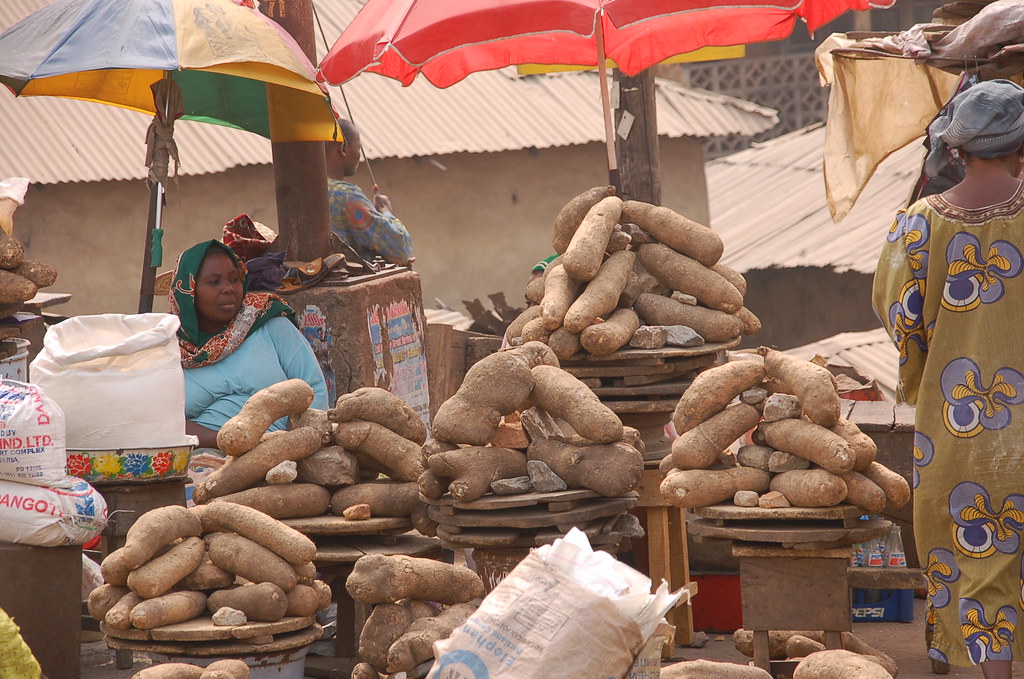
With the cost of commodities, including foods, gradually getting above the means of the common man, Nigerians have continued to lament how difficult it is to survive amid the hardship occasioned by the economy.
Here are, however, five affordable foods that can help Nigerians sustain themselves during the hardship:
Garri
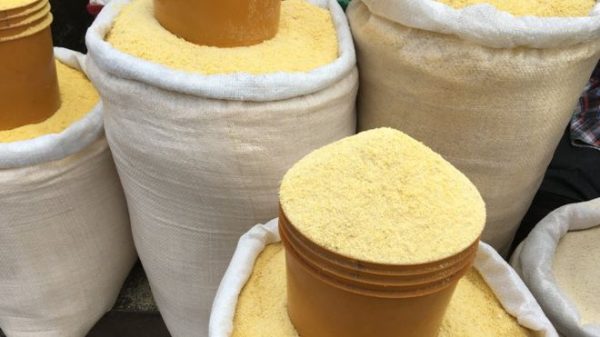
A common food that can be included into various culinary meals, served with soups, or simply consumed as is. It is currently one of the most economical meal items to help you get through the hardship.
Noodles
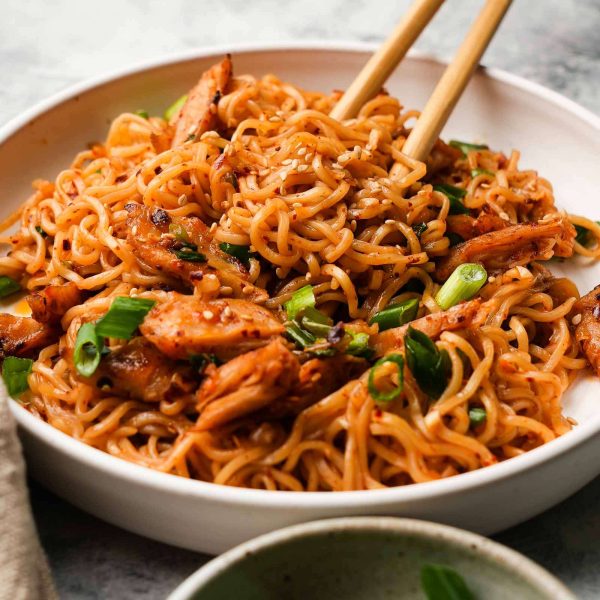
With just N400, you can purchase two noodles and have them quickly cooked to get through some hours in the day, and stave off hunger.
Bread

For as little as N500, you can buy a loaf of bread and pair it with butter or stew.
Yam
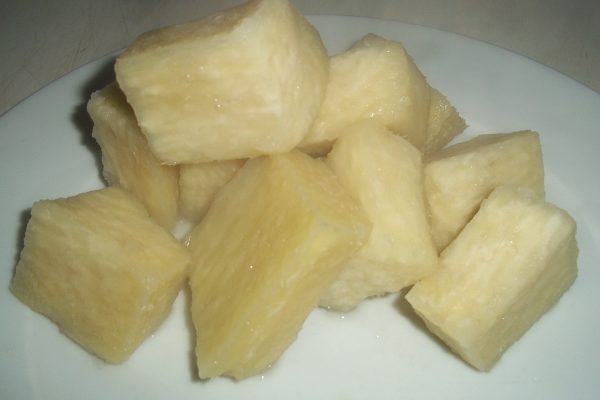
For N1,000 – 1200, you can buy a tuber of yam and eat it twice or three times, depending on how much food you consume.
Vegetables
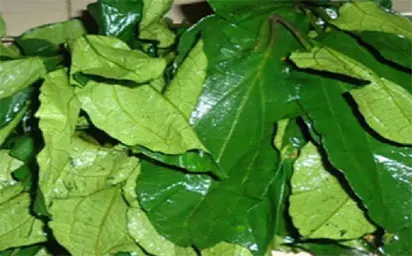
Amid the hardship, this appears to be a very affordable food option for those who want to cook soup and serve it alongside other solid foods or rice.
-

 News5 days ago
News5 days agoFAAN reopens Lagos airport runway after Dana Air incident
-

 Entertainment1 week ago
Entertainment1 week agoSkiibii’s ex-lover DJ Dorcas Fapson reacts after Nickie DaBarbie accused singer of engaging in money rituals
-

 Business1 week ago
Business1 week agoElon Musk threatens to suspend X accounts doing engagement farming
-

 Celebrities1 week ago
Celebrities1 week agoNickie Dabarbie calls out Skiibii for attempting to use her for money rituals (Video)
-

 World1 week ago
World1 week agoIsrael launches counterattack on Iran
-

 Politics1 week ago
Politics1 week ago‘You’re not following procedure’ — Drama as Ondo guber hopeful confronts Ododo over APC primary
-

 News5 days ago
News5 days agoNigeria Air: EFCC vows to arraign Sirika over alleged contract fraud
-

 Education5 days ago
Education5 days agoUNN suspends, probes lecturer attempting to sexually assault female student


















